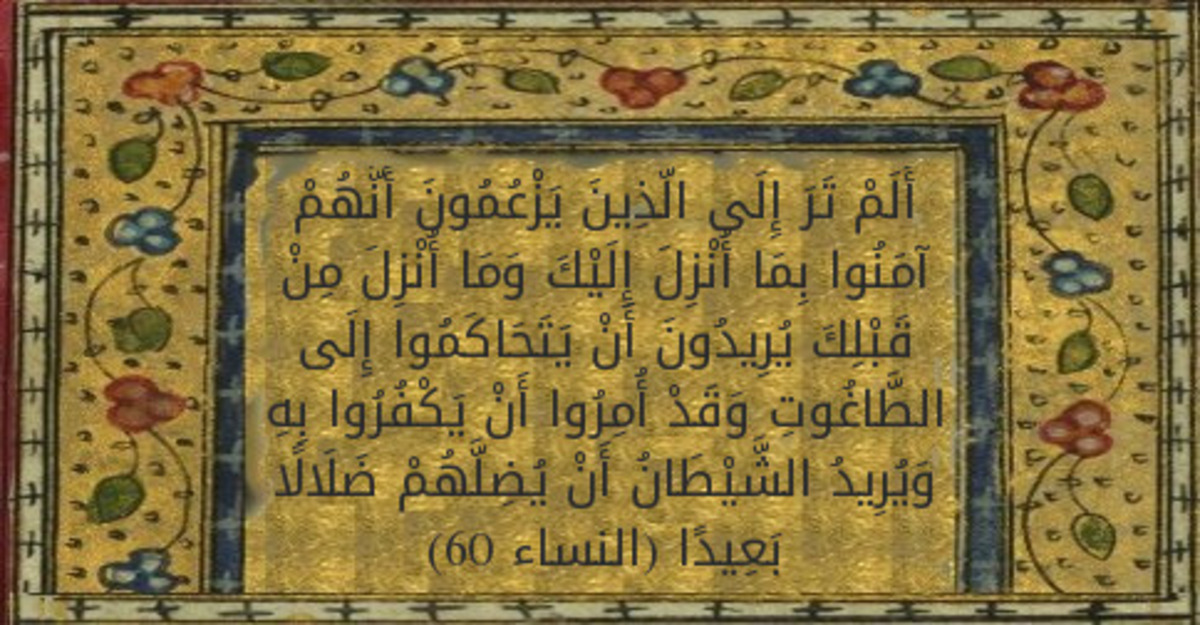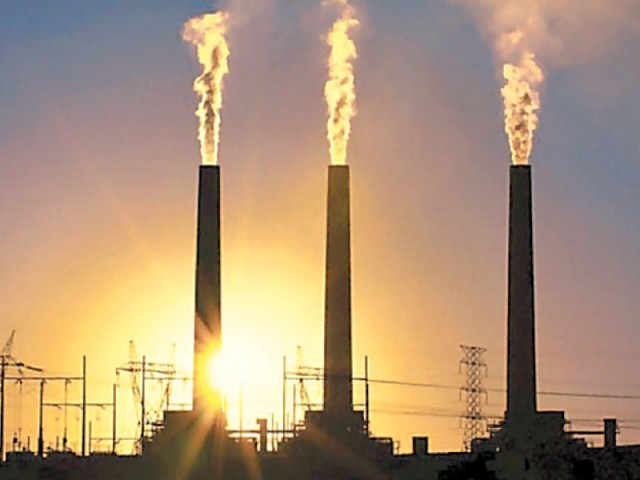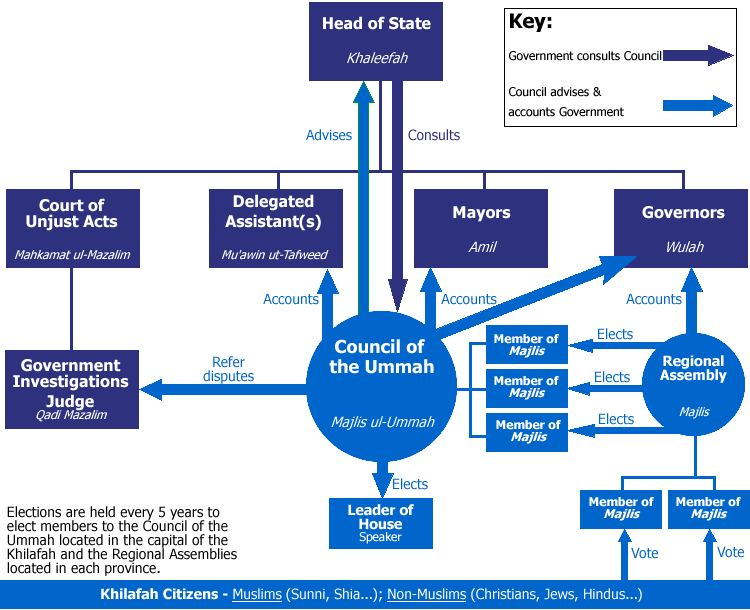Arab uprisings and the ‘Democratic dividend’

بسم الله الرحمن الرحيم
Arab uprisings and the ‘Democratic dividend’ – just ask Nigeria, Pakistan or Bangladesh
Definition of Dividend: A bonus. An unexpected gain or benefit.
What will the just concluded elections in Nigeria be remembered for? The post election violence in parts of the country which left up to 500 dead, 740,000 displaced and Churches and Mosques burnt? The logistical shambles that lead to it being postponed for a week? Or that a new president has been elected? For different people, it will be some or all of the above. However, for most common people struggling to survive in Africa’s largest exporter of oil, and a country blessed with innumerable natural resources, few have much conviction that these elections will improve their lot. Afterall, the last two ‘democratic’ elections have not delivered. Yes, some things have changed. The press is freer, people no longer live under a military dictatorship, most people have a mobile phone and a tiny section of society has grown fabulously rich. Yet chronic lack of electric power cripples business and many other aspects of life. Indeed, many would argue that their economic and security situation has worsened.
What about the ‘Democratic dividend’? The promise that the return to democratic rule 12 years ago would herald a new dawn for the people of Nigeria. What has clearly been created is a large and wealthy political class of ministers, governors, senators, and advisers at a local and national level. These have grown rich and enjoy all manners of privilege so much so that election to one of these bodies has become a do or die issue because it guarantees wealth and privilege for one’s family, friends and contacts. The common man sees his affairs largely neglected by the state and has to accept this because “that is democracy” and is told that the democratic dividend will occur someday i.e. that by adopting democracy, society will one day reap the benefits of better public services, security, better infrastructure, end to corruption, eradication of poverty, better electricity e.tc. When will this be delivered? No one seems to know for sure, though politicians promise it will be soon!
This has lead some to conclude that since their situation worsened so much under democratic rule, then maybe it has something to do with their worsening situation. Many do not appreciate the fact that democracy and the right it gives legislators to be all powerful in drafting laws which influence and affect peoples lives has lead to a do or die for these posts, exacerbated religious, ethnic and regional tensions when “our candidate” doesn’t win. Nor do they appreciate the masses disenfranchisement with democracy and the political classes in Europe and other ‘mature’ democracies where many now fail to vote or engage with the political system which they see as benefiting only the few.
After the departure of Ben Ali and Hosni Mubarak and as elections approach in Egypt and Tunisia, there is an understandable debate about what system of government to adopt going forward. Some voices look to the West and advocate Western democracy and secularism arguing that it is the only way to guarantee the rights of Christians and women or the only way for the masses to have a political voice, accountable government or a general improvement in their standard of living. Again, the assumption is that there will be a ‘democratic dividend’ which will benefit all in society. We need to remind such people of the recent example of Nigeria, Pakistan or Bangladesh. In Bangladesh, Sheikh Hasina is running a police state that is imprisoning and terrorising political opponents though she was “democratically elected”. Her government has failed to address the chronic poverty, unemployment or lack of infrastructure and continues to collaborate with India and other hostile powers to the detriment of the people of Bangladesh.
The ‘democratic’ government of Pakistan headed by Prime Minister Gilani and President Zardari facilitate US drone attacks that kill people in Pakistan. In most societies that is called treason, but the West supports this treacherous government because it is a ‘democracy’ which serves the agenda of western powers whatever the cost.
So in the current debates, not only can we highlight how secularism and democracy contradict the Islamic values, belief and history of the people in the Muslim world, we can also point to Nigeria, Pakistan and Bangladesh to show how the ‘democratic dividend’ is a myth that fails to deliver much of what it promises.
Now is the time to tackle the many issues being raised by people during these uprisings: unemployment, end to the police state, lack of dignity, enslavement to Western powers, denial of a political voice, arbitrary arrest and imprisonment, unelected rulers e.t.c. and show how the Islamic Khilafah system addresses these many issues and is the only system capable of truly addressing the needs of all people. Brothers and sisters have started to produce a series of videos illustrating how the Islamic Khilafah system addresses these specific issues. We pray to Allah (swt) that these will be another set of tools that help to build conviction in this system sent down by our All Knowing Lord (swt).
وَنَزَّلْنَا عَلَيْكَ الْكِتَابَ تِبْيَانًا لِّكُلِّ شَيْءٍ وَهُدًى وَرَحْمَةً وَبُشْرَى لِلْمُسْلِمِينَ
“And We have sent down to thee the Book explaining all things, a Guide, a Mercy, and Glad Tidings to Muslims [TMQ An-Nahl 16:89]
Taji Mustafa
UK Media Representative of Hizb ut-Tahrir
27 Jumada I 1432
2011/04/30





